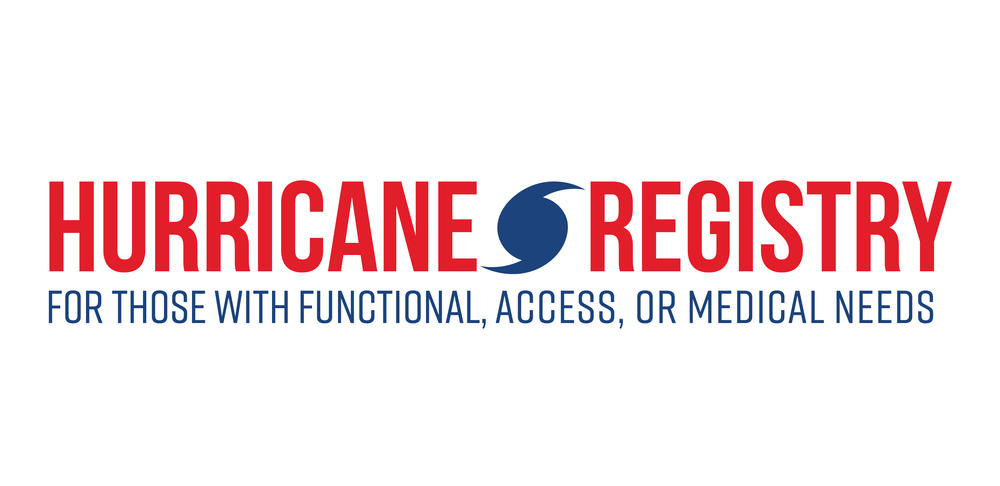
Section Branding
Header Content
Georgia public health officials push hurricane evacuation assistance program for at-need residents
Primary Content
LISTEN: The Coastal Health District's hurricane registry is meant to help coastal residents with mobility challenges who have no outside support. GPB's Benjamin Payne reports.

As the Atlantic hurricane season ramps up for what is projected to be a record-busy season, the Georgia Department of Public Health is encouraging qualified residents to sign up for the agency's hurricane registry for evacuation assistance ahead of severe storms.
The free resource is available to residents with mobility challenges who live in any of the eight counties served by the Coastal Health District — Chatham, Bryan, Liberty, McIntosh, Glynn, Camden, Long and Effingham — and who have no family members, friends, neighbors or caregivers available to help them evacuate to an inland shelter.
Although Hurricane Beryl is forecast to remain far away from Georgia as it crosses Mexico's Yucatán Peninsula and approaches Texas, Coastal Health District spokeswoman Ginger Heidel said that the tropical system is a good reminder of the need for early preparedness, as Beryl became the earliest Category 5 hurricane to form over the Atlantic in recorded history.
“Hurricane registry applications close about 72 hours before tropical-storm-force winds arrive,” Heidel said. “If we need to coordinate an ambulance to come in and evacuate you, or we need to coordinate paratransit and we need to make sure that whatever needs you have at the destination will be met, that planning all takes place throughout the year. So, we really want to stress that you don't want to wait until the last minute.”
Interested applicants or their loved ones can begin the application process by calling 1-833-CHD-REGISTRY (1-833-243-7344) or by visiting the Coastal Health District's hurricane registry webpage.
The program is not available to people who live in nursing homes or assisted-living facilities, as those residents are typically already offered evacuation assistance. It is also not available to hospice patients or people receiving in-home care through Veterans Affairs, as they require a higher level of care.
Even if the 2024 hurricane season proves to be less active than expected by forecasters, Heidel urged applicants to not wait, saying, “All it takes is one storm to aim at our coast, and we've got a real crisis on our hands.”

